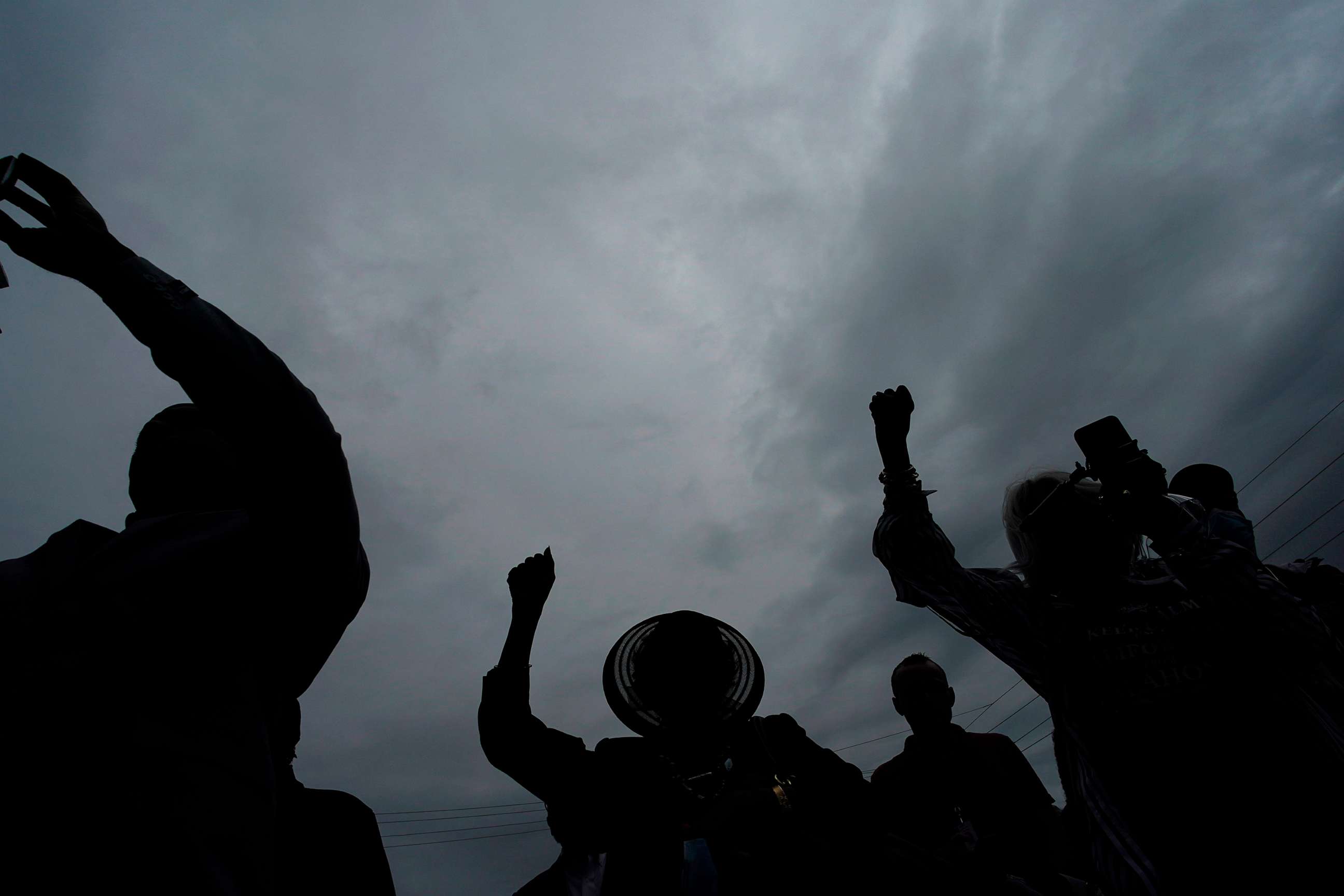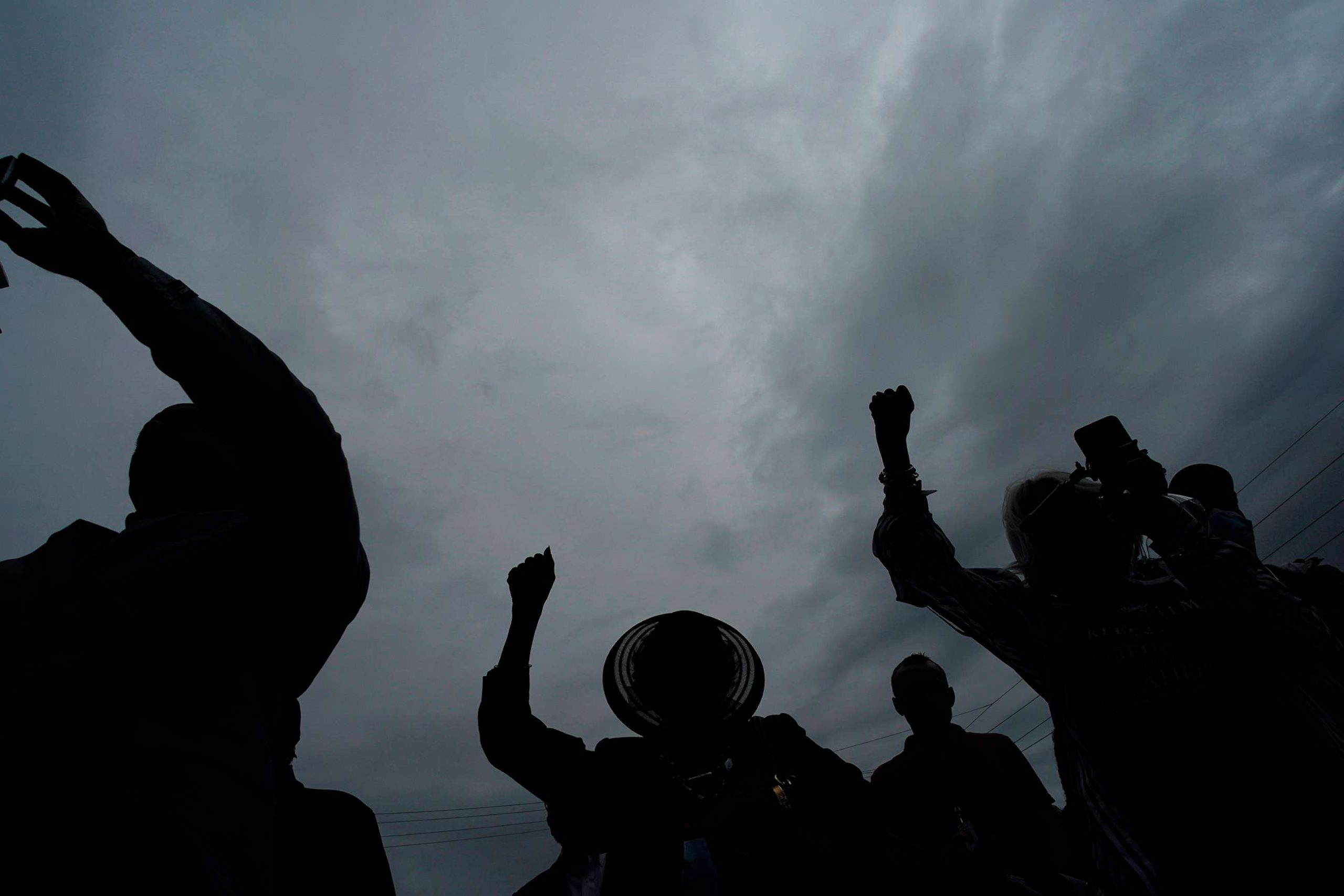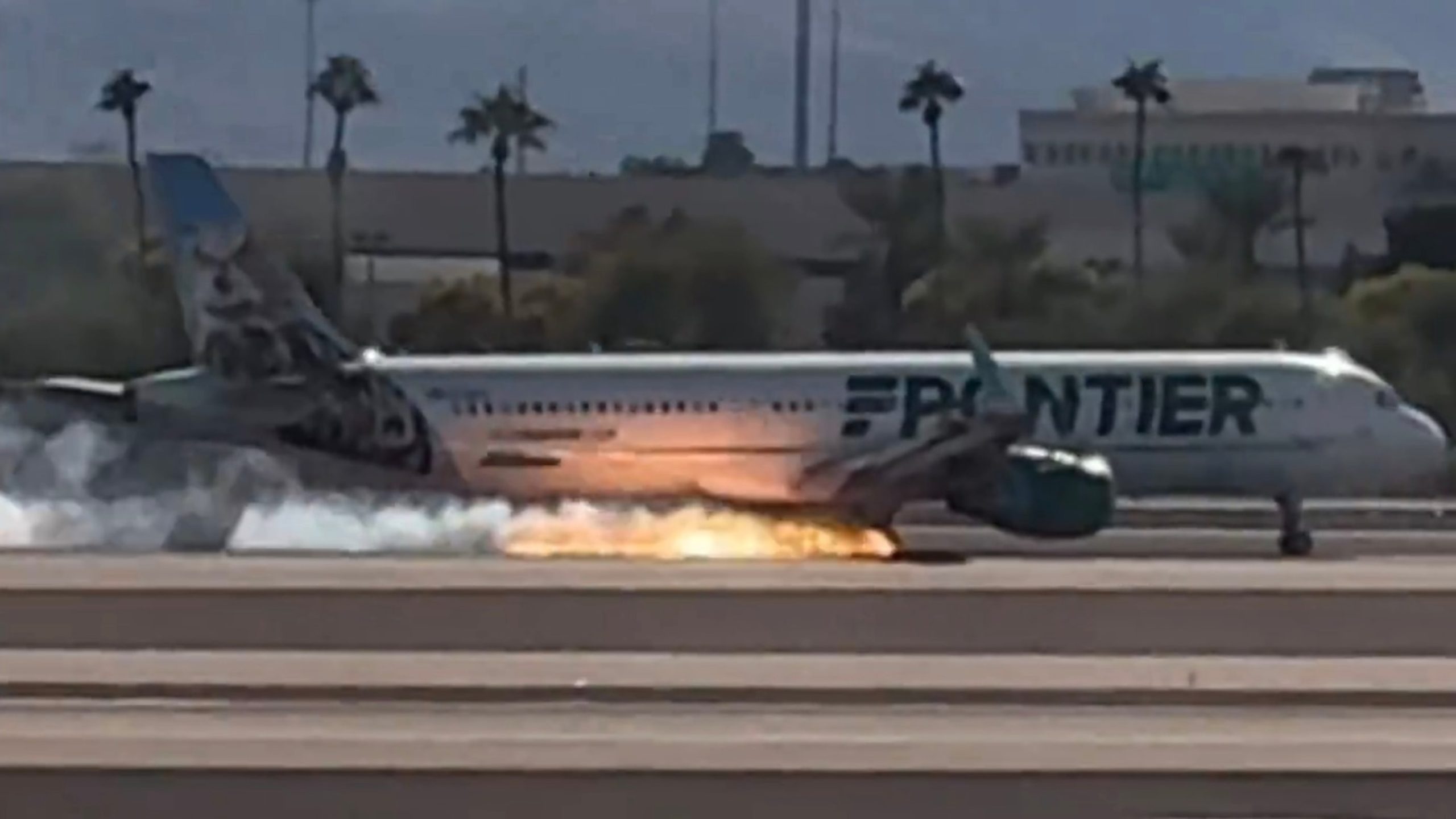Over 100 years after a white mob attacked a then-thriving Black community in Tulsa, Oklahoma, the Department of Justice announced the first-ever federal probe into the 1921 Tulsa Race Massacre.
The attack on the Greenwood neighborhood, often referred to as “Black Wall Street,” left up to 300 people killed and homes and businesses in ruin.
Kristen Clarke, the assistant attorney general for civil rights who announced the review in a statement Monday, referred to the massacre as “one of the deadliest episodes of mass racial violence in this nation’s history.”
The DOJ’s announcement comes after the Oklahoma Supreme Court in June dismissed a reparations case filed by survivors of the massacre without going to trial.
The federal review is being conducted by the Civil Rights Division’s Cold Case Unit, which is investigating the crimes under the Emmett Till Unsolved Civil Rights Crime Act.
In July, survivors Lessie Benningfield Randle, 109, and Viola Ford Fletcher, 110, made a plea to the Biden administration to invoke the 2007 Act, which allows for cold cases of violent crimes against Black people committed before 1970 to be reopened and investigated.

People raise up their arms during the dedication of a prayer wall outside of the historic Vernon African Methodist Episcopal Church in the Greenwood neighborhood during the centennial of the Tulsa Race Massacre, May 31, 2021, in Tulsa, Okla.
John Locher/AP, FILE
Damario Solomon-Simmons, lead attorney for the Tulsa Race Massacre Survivors, celebrated the decision in a press conference Monday.
“I’m so excited to announce that this morning, Assistant Attorney General for Civil Rights, Kristen Clarke announced that the United States Federal Government Department of Justice will open a review and evaluation of the 1921 Tulsa race massacre,” Solomon-Simmons said.
“It is about time! It only took 103 years,” he added.
Solomon-Simmons said that this decision is credited to the multiple meetings with the Department of Justice, both in Washington D.C. and on Zoom, and the continuous fight of the community.
“This community would never stop fighting for reparations. This community would never forget what happened to our people, just for being black, just for being successful,” Solomon-Simmons said.
“So we are excited today. This has been a difficult journey, a lot of obstacles, a lot of odds, a lot of opposition, but today we have a victory,” he added.
Tiffany Crutcher, a descendant of a survivor of the massacre and founder and executive director of the Terence Crutcher Foundation, said the massacre has been “ignored for far too long.”
“Today, my family and community are deeply grateful that the U.S. Department of Justice is finally preparing to review the 1921 Tulsa race massacre. This tragedy has been ignored for far too long,” Crutcher said during the press conference.
“I leave you with this quote from my mentor, our mentor, Bryan Stevenson, this community will continue to stand on hope, and hope is what will get you to stand up when people tell you to sit down, and today, we continue to stand.”
ABC News’ Steve Osunsami contributed to this report.
The Department of Justice (DOJ) has announced that it will be conducting the first federal review of the 1921 Tulsa Race Massacre. This decision comes after years of calls for justice and accountability for one of the darkest chapters in American history.
The Tulsa Race Massacre, also known as the Black Wall Street Massacre, took place on May 31 and June 1, 1921, in the Greenwood district of Tulsa, Oklahoma. A white mob descended upon the prosperous African American community, looting homes and businesses, burning down buildings, and killing an estimated 300 Black residents. The massacre left thousands homeless and decimated what was once a thriving economic hub for African Americans.
Despite the scale of the violence and destruction, the Tulsa Race Massacre was largely ignored and suppressed in the years that followed. Survivors were silenced, evidence was destroyed, and the true extent of the atrocity was buried beneath a veil of denial and indifference.
Now, nearly a century later, the DOJ is taking steps to address this historical injustice. The federal review will examine whether any federal laws were violated during the massacre and whether any survivors or descendants are entitled to compensation or reparations. This marks a significant milestone in the long overdue reckoning with America’s legacy of racial violence and oppression.
The DOJ’s decision to conduct this review is a welcome development for many who have long advocated for justice for the victims of the Tulsa Race Massacre. It represents a recognition of the need to confront the past in order to build a more just and equitable future.
As we await the findings of the federal review, it is important to remember the lessons of the Tulsa Race Massacre and to honor the memory of those who lost their lives. By acknowledging and addressing this dark chapter in our history, we can move closer to achieving true reconciliation and healing for all Americans.



